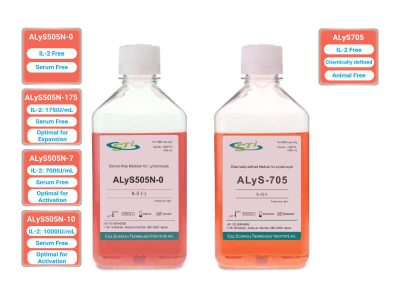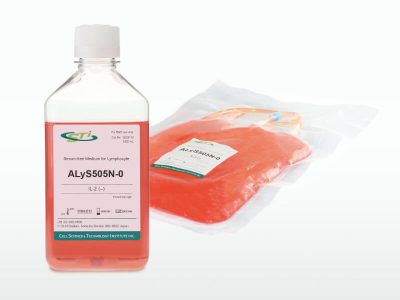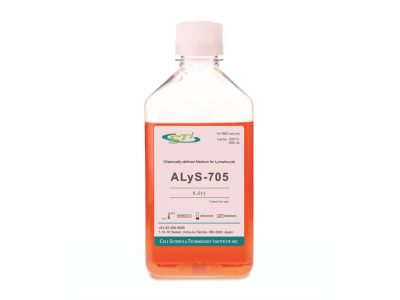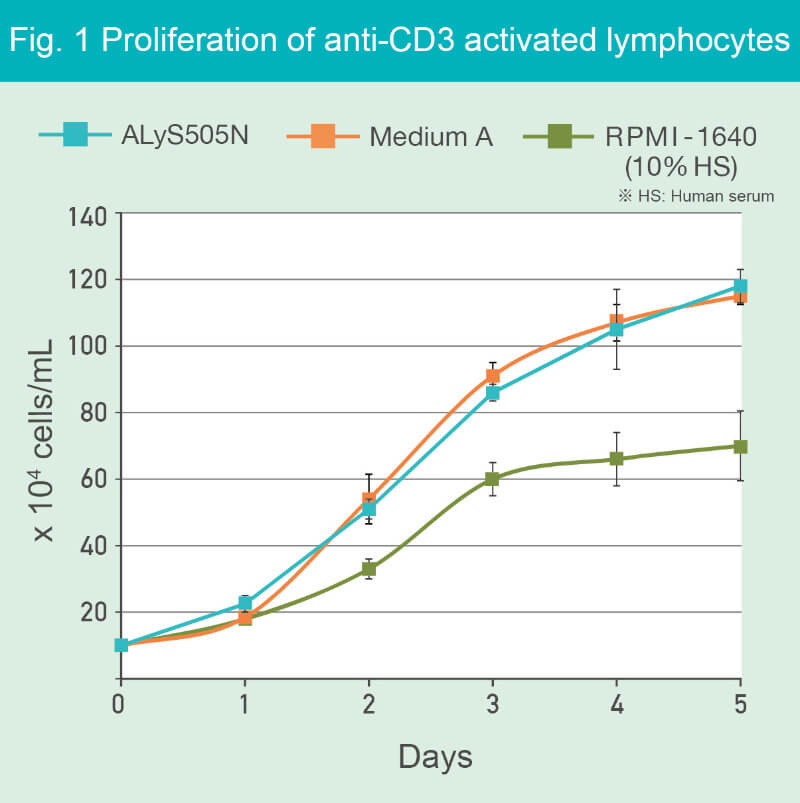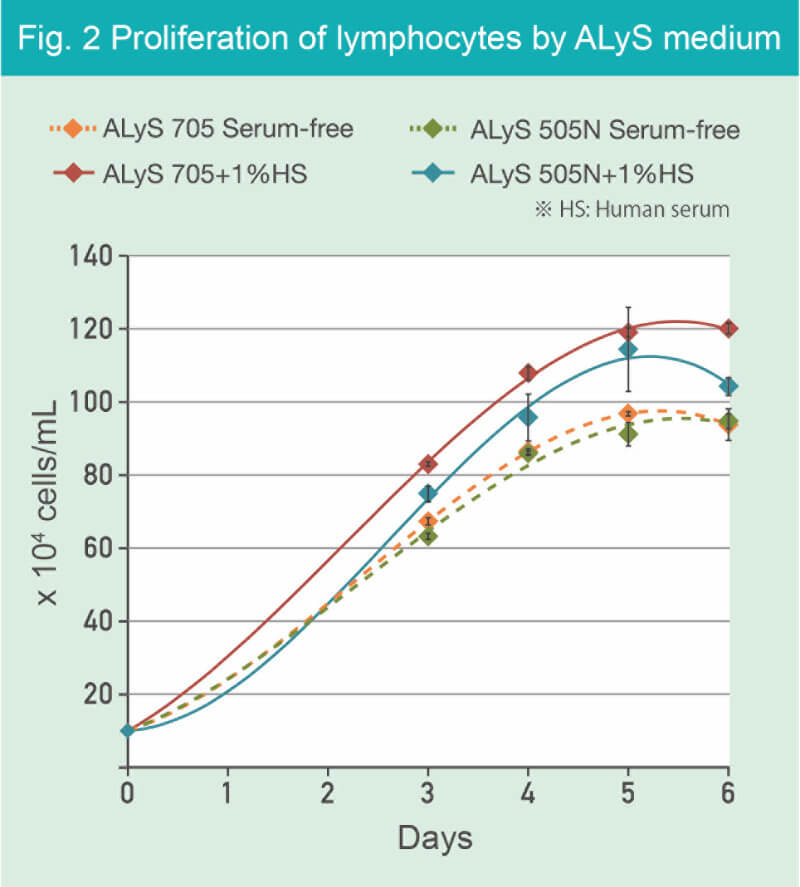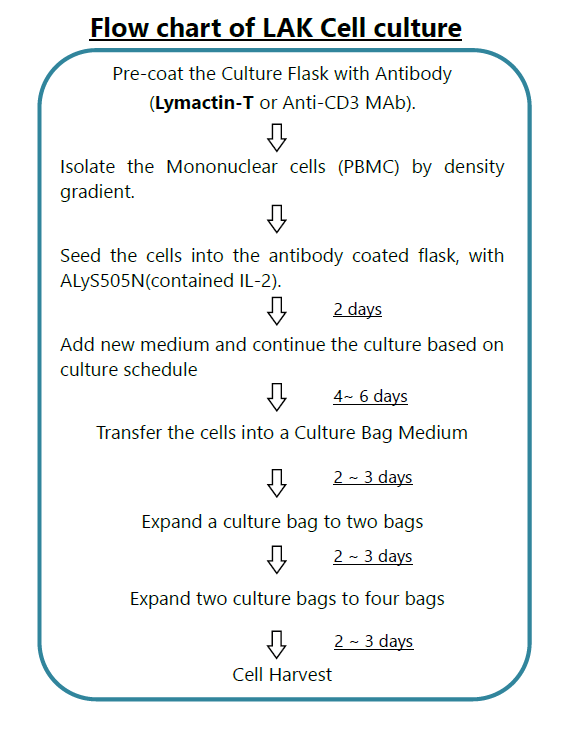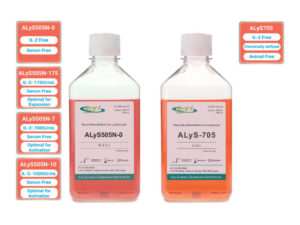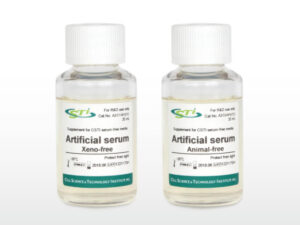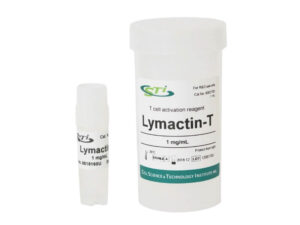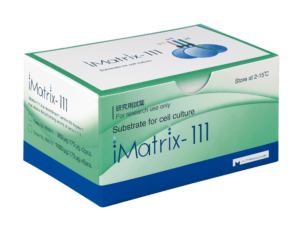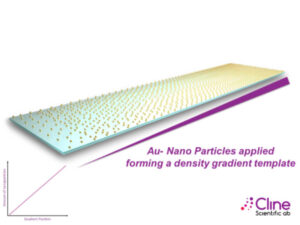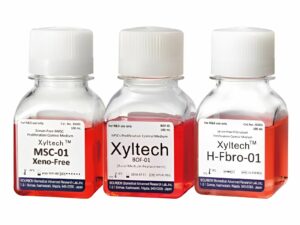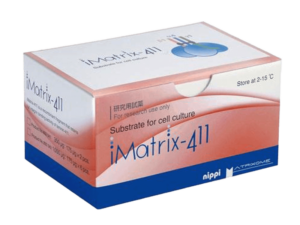ALyS™505N & ALyS™705
Serum free medium for the activation and expansion of Human Lymphocyte
Product Basics
ALyS™505N is a serum-free and xeno-free medium used for the expansion and activation of human lymphocytes. It is available in four different IL-2 concentrations, suitable for activating or expanding T cells from human lymphocytes. Higher concentrations of IL-2 activate T cells, while lower concentrations are used for expansion. Gas-permeable culture bags are available for IL-2-free and 175 uL/mL media. Additionally, higher cell proliferation can be achieved by adding a small amount of Artificial Serum.
ALyS™705 is a serum-free, animal-free, and chemically defined medium used for the expansion and activation of human lymphocytes. Unlike ALyS™505N, ALyS™705 achieves an animal-free culture environment by utilizing a high molecular weight polymer instead of albumin, which reduces shear stress between cells. When supplemented with Artificial Serum, ALyS™705 has demonstrated higher proliferation rates than ALyS™505N.
Lymactin-T, an anti-CD3 monoclonal antibody produced by the hybridoma OKT3 in a serum-free environment, complements the ALyS™505n & 705. It induces strong proliferation by binding to CD3 on T cells derived from peripheral blood, enhancing the activation and expansion process.
Key Features
- Serum-free medium - ALyS™505N (xeno-free) / ALyS™705 (chemically defined)
- Suitable for the activation and expansion of human lymphocytes
- Achieves higher cell proliferation with a small amount of supplement
- ALyS™505N is available in four different IL-2 concentration
- ALyS™705 reduces shear stress generated between cells
- Ideal for immune cell therapy
Technical Information
High Cell Proliferation
Anti-CD3 activated lymphocytes from peripheral blood (T cells) are cultured for 5 days to measure cell proliferation.
Comparison of ALyS™505N and ALyS™705
Anti-CD3 activated lymphocytes (T-cells) cultured in ALyS™705 and ALyS™505N showed similar cell proliferation.
Fig. 2
Anti-CD3 activated lymphocytes (T-cells) cultured in ALyS™705 demonstrated similar proliferation rates to those cultured in ALyS™505N. The addition of 1% human serum boosted cell proliferation in both mediums. With 1% human serum supplementation, ALyS™705 showed higher proliferation than ALyS™505N.
Both media were supplemented with IL-2 at 700IU/mL on day 0. The concentration of IL-2 was reduced to 175IU/mL when medium was added on days 2, 3, and 4. There was no medium refreshment on days 5 and 6
Specification
Scroll to right
| SKU | Product | Description | Size | Contents | Storage |
|---|---|---|---|---|---|
| 1020P10/1020C10 | ALyS505N-0 | IL-2 free | 1L | Bottle/Culture Bag | 4°C |
| 10217P10/10217C10 | ALyS505N-175 | IL-2 concentration 175lU/mL (Expansion) | 1L | Bottle/Culture Bag | 4°C |
| 1027P10 | ALyS505N-7 | IL-2 concentration 700lU/mL (Activation) | 1L | Bottle | 4°C |
| 10210P10 | ALyS505N-10 | IL-2 concentration 1,000lU/mL (Activation) | 1L | Bottle | 4°C |
| 120P10 | ALyS705 | IL-2 free | 1L | Bottle | 4°C |
- Manufactured by: Cell Science and Technology Institute
Pricing
ALyS™505N & ALyS™705
- ALyS™505N: Serum-free and Xeno-free Available in four different IL-2 concentration
- ALyS™705: Chemically defined medium
ALyS505N-0/IL-2 Free
- SKU: 1020P10
- Size: 1L (Bottle)
- Price:
$110.00→ $100.00
- SKU: 1020C10
- Size: 1L (Culture Bag)
- Price: Contact us
/
ALyS505N-175/IL-2 175IU/ml
- SKU: 10217P10
- Size: 1L (Bottle)
- Price:
$130.00→ $117.00
- SKU: 10217C10
- Size: 1L (Culture Bag)
- Price: Contact us
ALyS505N-7/IL-2 700IU/ml
- SKU: 1027P10
- Size: 1L (Bottle)
- Price:
$210.00→ $190.00
ALyS505N-10/IL-2 1000IU/ml
- SKU: 10210P10
- Size: 1L (Bottle)
- Price:
$315.00→ $285.00
- SKU: 120P10
- Size: 1L (Bottle)
- Price:
$270.00→ $243.00
Complement Products
Xeno Free
- SKU: A2G10P2CC
- Size: 20ml
- Price:
$500.00→ $450.00
Animal Free
- SKU: A2G10P2CC
- Size: 20ml
- Price:
$850.00→ $765.00
References
ALyS™505N
- Xu, X., Wu, Y., Xu, Y., Mao, W. & Pan, Y. Macrophages Promote Atherosclerosis Development by Inhibiting CD8T Cell Apoptosis. Mediators of Inflammation 2024, 1929766 (2024) doi: 1155/2024/1929766.
- Wang, S. et al. Hepatocellular carcinoma-specific epigenetic checkpoints bidirectionally regulate the antitumor immunity of CD4 + T cells. Cellular & Molecular Immunology 21, 1296–1308 (2024) doi: 1038/s41423-024-01215-0.
- Wang, K. et al. PAK1 inhibition increases TRIM21-induced PD-L1 degradation and enhances responses to anti-PD-1 therapy in pancreatic cancer. Biochimica et Biophysica Acta (BBA) – Molecular Basis of Disease 1870, 167236 (2024) doi: 1016/j.bbadis.2024.167236.
- Toyofuku, T., Ishikawa, T., Nojima, S. & Kumanogoh, A. Efficacy against Lung Cancer Is Augmented by Combining Aberrantly N-Glycosylated T Cells with a Chimeric Antigen Receptor Targeting Fragile X Mental Retardation 1 Neighbor. The Journal of Immunology 212, 917–927 (2024) doi: 4049/jimmunol.2300618.
ALyS™705
- Mitsuno, K. et al. Selective JAK2 pathway inhibition enhances anti-leukemic functionality in CD19 CAR-T cells. Cancer Immunology, Immunotherapy 74, 79 (2025) doi: 1007/s00262-024-03927-8.
- Suematsu, M. et al. Targeting FLT3-specific chimeric antigen receptor T cells for acute lymphoblastic leukemia with KMT2A rearrangement. Cancer Immunology, Immunotherapy 72, 957–968 (2023) doi: 1007/s00262-022-03303-4.
- Chinsuwan, T. et al. Ligand-based, piggyBac-engineered CAR-T cells targeting EGFR are safe and effective against non-small cell lung cancers. Molecular Therapy – Oncolytics 31, (2023) doi: 1016/j.omto.2023.100728.
Other Documents
- Protocol - Coming soon
- SDS (ALyS™505N)
- SDS (ALyS™705)
- Sample CoA (ALyS™505N)
- Sample CoA (ALyS™705)
FOR RESEARCH USE ONLY, NOT FOR USE IN DIAGNOSTIC PROCEDURES
